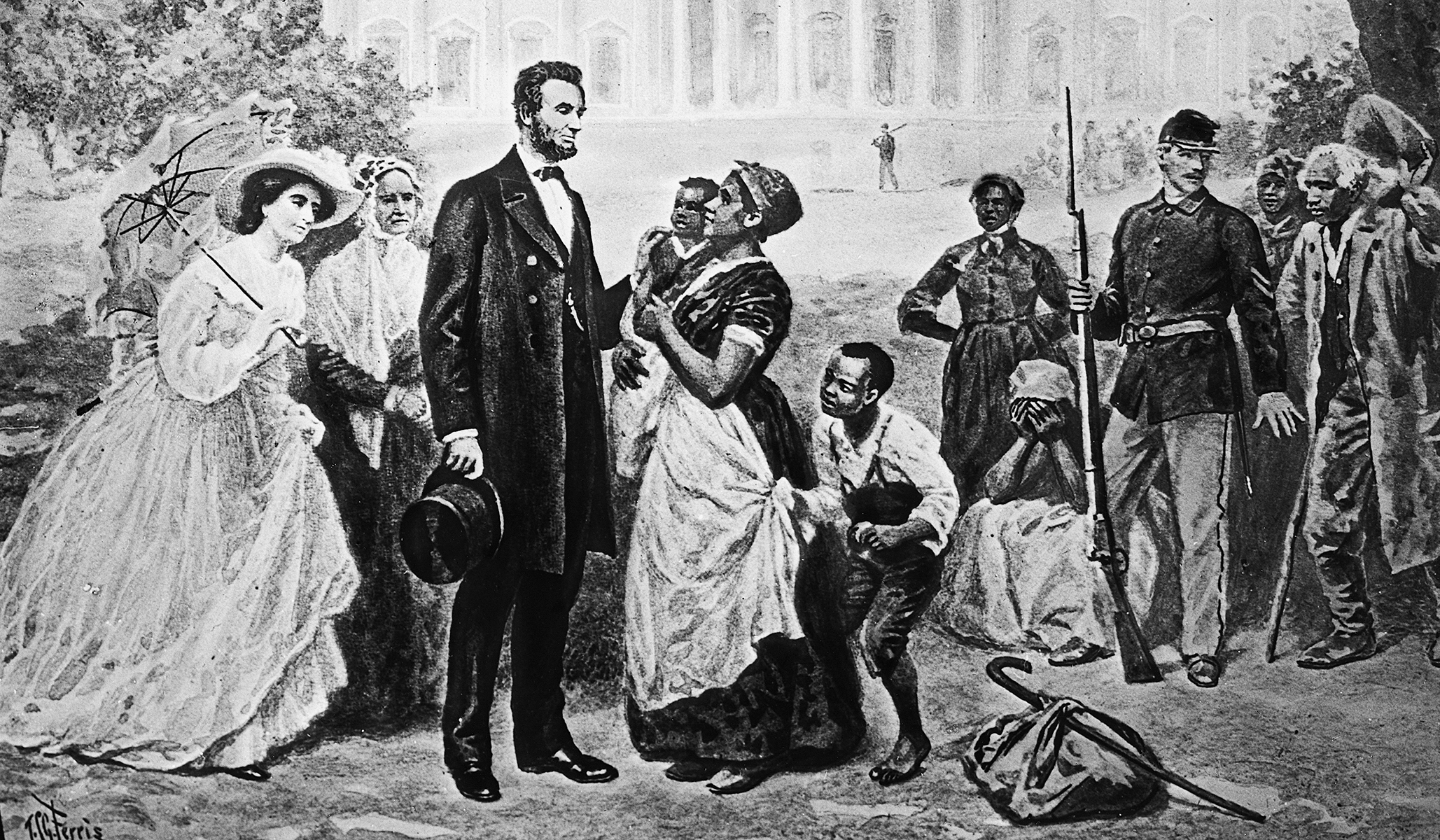Abraham Lincoln: The Great Emancipator and Symbol of Unity - A Critical Examination
Introduction
Abraham Lincoln, the sixteenth President of the United States, stands as an iconic figure in American history, revered as the "Great Emancipator" and a symbol of national unity. His presidency marked a pivotal moment in the nation's history, as he led the Union through the Civil War and issued the Emancipation Proclamation, forever altering the course of American race relations. However, despite his enduring legacy, Lincoln's presidency is not without its complexities and controversies. This essay critically examines the complexities of Abraham Lincoln, exploring the multifaceted nature of his leadership, his role in the Civil War and emancipation, and the enduring significance of his legacy.
The Complexities of Lincoln's Leadership
Lincoln's leadership style was characterized by both pragmatism and idealism. He possessed a keen ability to maneuver within the political landscape, forging alliances and seeking compromise even in the midst of war. However, Lincoln's determination to preserve the Union sometimes led him to make difficult decisions that alienated certain factions. His suspension of habeas corpus and the arrest of political opponents during the war, for example, raised concerns about civil liberties (Belz, 2012).
Lincoln and the Civil War
Lincoln's role in the Civil War was undoubtedly profound. He not only led the Union to victory but also issued the Emancipation Proclamation in 1863, declaring that "all persons held as slaves within any State or designated part of a State, the people whereof shall then be in rebellion against the United States, shall be then, thenceforward, and forever free" (Abraham Lincoln, 1863). While the proclamation did not immediately free all slaves, it served as a critical step towards the abolition of slavery in the United States.
However, Lincoln's handling of the war also faced criticism. Some historians argue that he could have acted sooner to end the conflict and save lives (Foner, 2010). Additionally, Lincoln's decision to pursue a policy of "hard war," including the scorched-earth tactics employed by Union General William Tecumseh Sherman, resulted in significant civilian casualties and destruction (McPherson, 1988).
Lincoln's Role in Emancipation
Lincoln's legacy as the "Great Emancipator" is undeniable. His issuance of the Emancipation Proclamation was a transformative moment in the history of American race relations. However, it is important to note that Lincoln's approach to emancipation was gradual and cautious, reflecting the political realities of the time (Guelzo, 2004). He was genuinely opposed to slavery, but he also recognized the need to preserve the Union, even if it meant compromising on the immediate abolition of slavery.
The Enduring Significance of Lincoln's Legacy
Abraham Lincoln's legacy continues to be debated and reinterpreted by historians and scholars. Despite his undeniable achievements, his leadership was not without its flaws and complexities. His legacy as an advocate for racial equality is often juxtaposed with his cautious approach to emancipation, and his wartime decisions have been subject to both praise and criticism.
Nonetheless, Lincoln's enduring significance lies in his ability to rise to the challenges of a divided nation. He led the Union to victory in the Civil War, preserved the republic, and laid the foundation for the eventual abolition of slavery. Lincoln's legacy as a symbol of unity and a champion of human rights continues to inspire generations of Americans.
Conclusion
Abraham Lincoln's presidency was a complex and consequential period in American history. As the "Great Emancipator" and a symbol of national unity, Lincoln played a pivotal role in the abolition of slavery and the preservation of the Union. His leadership style, his decisions during the Civil War, and his approach to emancipation have been subject to extensive scrutiny and debate.
Despite the complexities and controversies surrounding his presidency, Lincoln's enduring legacy lies in his profound impact on American history. His unwavering determination to preserve the Union, his willingness to confront the institution of slavery, and his embodiment of the nation's highest ideals continue to inspire generations of Americans. Understanding the complexities of Abraham Lincoln's presidency is essential for a comprehensive understanding of American history and the ongoing struggle for equality and unity.
Carl Lewis: The Olympic Champion Who Dominated Track And Field
Mariah Carey: The Queen Of Christmas And R&B Icon
Faith Hill: The Voice Of Country Music Who Won Hearts Worldwide


